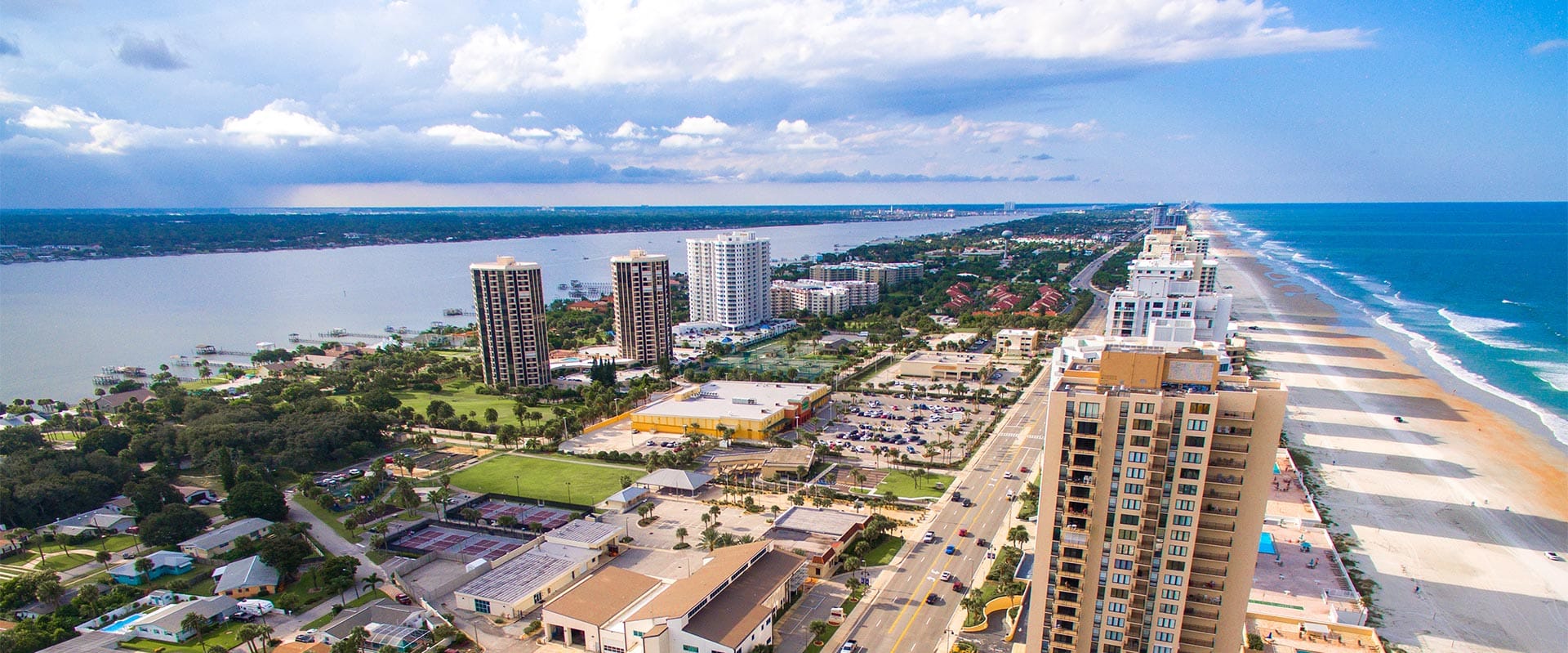Chapter 7 is one of the quickest and most comprehensive means for dealing with your debt. All of your creditors are required to participate, which allows you to obtain true debt relief when your case is over.
Liquidation Bankruptcy
Chapter 7 bankruptcy is often called a “liquidation” bankruptcy. It is available for business debt or consumer debt, but there are income-based restrictions for Chapter 7 relief if your debt is primarily consumer debt. However, as stated above, if you have no assets that are not exempt, there is nothing to liquidate. If you do have non-exempt assets, you will surrender them to the Trustee, who will liquidate them (convert them to cash) by selling them, possibly back to you if you offer a fair price, which you must pay generally within one year of filing. After your creditors have had an opportunity to object, if no objections are sustained, most of your debts will be discharged (some debts like those arising in divorce, student loan debt, debts arising from criminal acts, and some tax debt cannot be discharged).
Reaffirming Debt and keeping assets
Generally you cannot keep property that secures a debt unless you reaffirm that debt, meaning you remain obligated to pay it (examples would be mortgages on homes or car notes). Currently, however, you can “strip” a wholly unsecured mortgage from your home and discharge the debt in bankruptcy. That means if you owe a first mortgage of $100,000, and a second mortgage of $50,000, on a home currently worth $75,000, you can strip the second mortgage and discharge the $50,000 debt, leaving you with only the $100,000 mortgage.
How long does bankruptcy take?
Under Chapter 7 it generally takes four to six months to obtain a discharge, and if you have no non-exempt assets for the Trustee to liquidate your bankruptcy would most likely close quickly thereafter. There are factors that can make discharge take longer, and assets to liquidate create a bankruptcy estate that the Trustee must administer (account for and divide among the creditors).
Serving the Orlando and Central Florida area with Bankruptcy Services
We proudly serve the areas of Orlando, Winter Park, Oviedo, UCF, Conway and Edgewood with Bankruptcy Services. Try our online bankruptcy evaluation to determine what type of bankruptcy may help you and your family with a fresh start!
Chapter 13 is often called a “reorganization” bankruptcy. Also available for business debt or consumer debt, Chapter 13 requires the debtor (and their attorney) to create a repayment plan that lasts either three or five years, depending on the debtor’s income. Chapter 13 is not available for debtors with debts exceeding certain thresholds.
Saving your home
Chapter 13 can be a great option for homeowners who have fallen behind on their mortgage payments, because they have the life of the plan to catch up any arrearage, bringing their mortgage current. There is also an opportunity to mediate with your mortgage lender to make your loan more affordable, and the success rate in Chapter 13 mediation far outpaces that of state foreclosure court-ordered mediation. You can also “strip” any unsecured liens from your home in a Chapter 13, meaning that the lien against your home is removed, and the debt is treated as an unsecured debt, like a credit card.
Repayment Plan
To create your plan we look at your monthly income, which must be reasonably stable, and your monthly expenses. Your monthly expenses are determined by using some of your actual monthly expenses (for things like mortgage or car payments), while others are based upon statistical averages (things like your food, utilities, and vehicle-ownership expenses). After subtracting your expenses from your income, what remains is called your “disposable monthly income.” Your plan will consume your disposable monthly income for its duration. You will pay your disposable monthly income to the Chapter 13 Trustee, who will collect the money and distribute it among your creditors according to the Plan. At the end of the plan, if all payments have been made as required, any unsecured liens may be stripped, and any unsecured debt that was not repaid under the plan is discharged.
We are a debt relief agency. We help people file for bankruptcy under the bankruptcy code.
